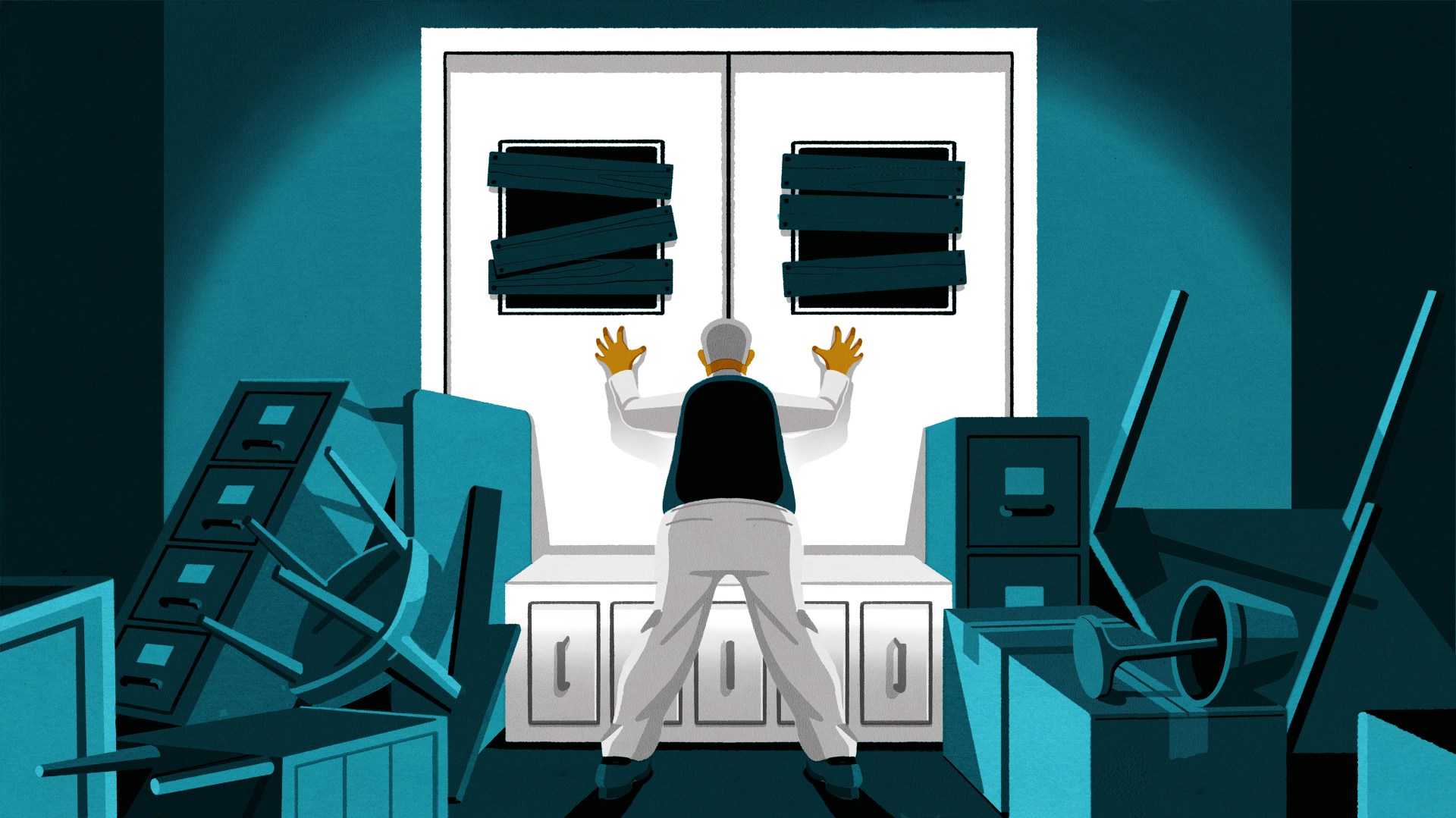I’ve never seen so many headlines about death.
Over the past two pandemic years, newspaper obituary sections grew fat with tributes, and my online feeds—keyed up to search for terms like pastor and minister—were filled with local news stories about churches who lost their leaders during the pandemic.
The death tolls we’re reaching now are the worst-case scenarios we couldn’t even imagine when COVID-19 first hit. As the United States commemorated 800,000 dead in late 2021, The Atlantic writer Clint Smith called it a number “so enormous that we risk becoming numb to its implications.”
There’s a sense of resignation in the way people, even fellow Christians, speak of the COVID-19 dead. Depending on their positions on vaccination, they may suggest that the unvaccinated put themselves at risk, or, on the other side, that it simply must have been their time to die.
On Ash Wednesday, Christians traditionally repeat a line aimed to remind each other of our mortality, that we will all die and “to dust we shall return.” We hardly need the reminder in the midst of a pandemic that has taken more than 5.7 million lives around the world.
It would be hard for that level of loss to not shift our conception of death, or move it further in the direction it was already headed.
We have seen a creeping fatalism toward the critically ill. The medically vulnerable have too often been reduced to their COVID-19 “risk factors” and “comorbidities,” as if such conditions justify another life lost.
Governments around the world are moving toward policies to sanction euthanasia. In Australia and the UK, politicians are lobbying to legalize “assisted dying,” and Switzerland debuted a futuristic “suicide capsule” designed for tranquil last moments. In the US, 10 states allow physician-assisted suicide, and this year, another 14 state legislatures will consider bills to legalize the practice.
The inevitability of death does not make it something to be invited or even matter-of-factly accepted—pandemic or not. It is our enemy. As R. C. Sproul writes, it is the intruder in the garden. It robs us of what God made and called good. It should make us mad. Especially when scores of people around us are dying needlessly.
Evangelicals often adopt the label of “pro-life.” But being pro-life also means the opposite: We oppose death.
We should work to save lives, to avoid careless deaths, in every area that we can: in public health and public safety, in wombs and suicide pods. We cannot conquer death on this side of eternity—thankfully, that feat has been accomplished for us—but we have a responsibility to cherish life and keep it while we can.
“The refusal to take COVID-19 seriously is not a case of people prizing eternity over biology. It’s actually the reverse: the refusal to place life over ideology,” CT’s public theologian Russell Moore told me. When we know how deadly this virus is yet continue to place others at risk with our actions and policies, we are playing God, “as though we could decide which lives are worth living,” he said. But as followers of Christ, we must remember that even our own lives are not our own.
I worry that, as people whose eternal fate is good news, we forget death is still bad news. God gave us life as a gift. Death isn’t our chance to level up into the presence of God; it’s the end of something God delights in and calls good on its own terms. Death is wrong.
“A Christian understanding of death,” theologian Tim Perry writes in Funerals: For the Care of Souls, “… presents death as the great severer of all loving relationships, as the punishment for sin, and as the final enemy.”
In his book full of liturgies around dying, Douglas Kaine McKelvey wrote a six-page intercession against the kingdom of death.
“To call death natural is a lie, to spin it as but one more spoke upon a ‘wheel of life’ is to ignore the groaning cry of your creatures, O Christ,” the prayer reads. “Death is a catastrophe, an obscene enemy, a poisoned arrow piercing the eye of creation, twisting history and nations, bereaving lovers, warping the constellations of community, of family, of flourishing.”
So when people around us die, particularly under circumstances that haunt us with what-ifs, it is right for us to sob in sadness and shake our fists in anger.
Let us linger in sorrow long after those around us deem it acceptable. Let us refuse to minimize the pain of losing our relative, our friend, our neighbor, our coworker. We may mourn for the rest of this life knowing that in the next, our God who conquered death will wipe away every tear.
Kate Shellnutt is CT’s senior news editor.












